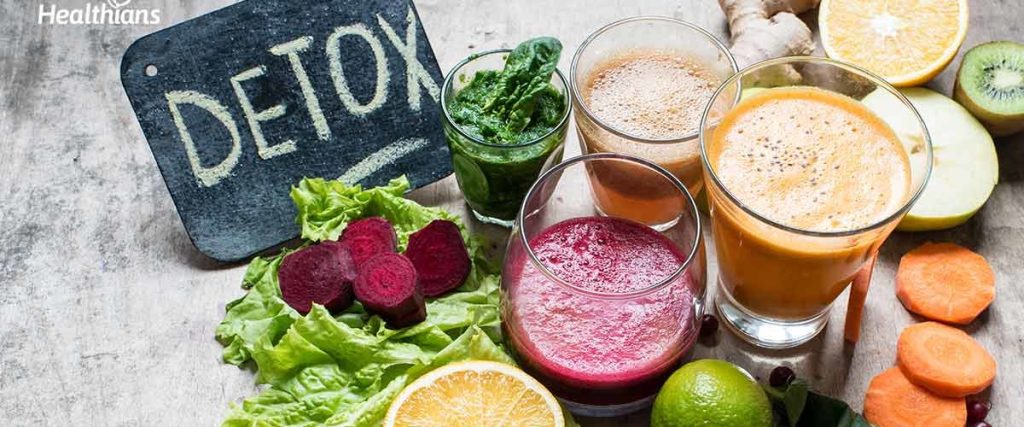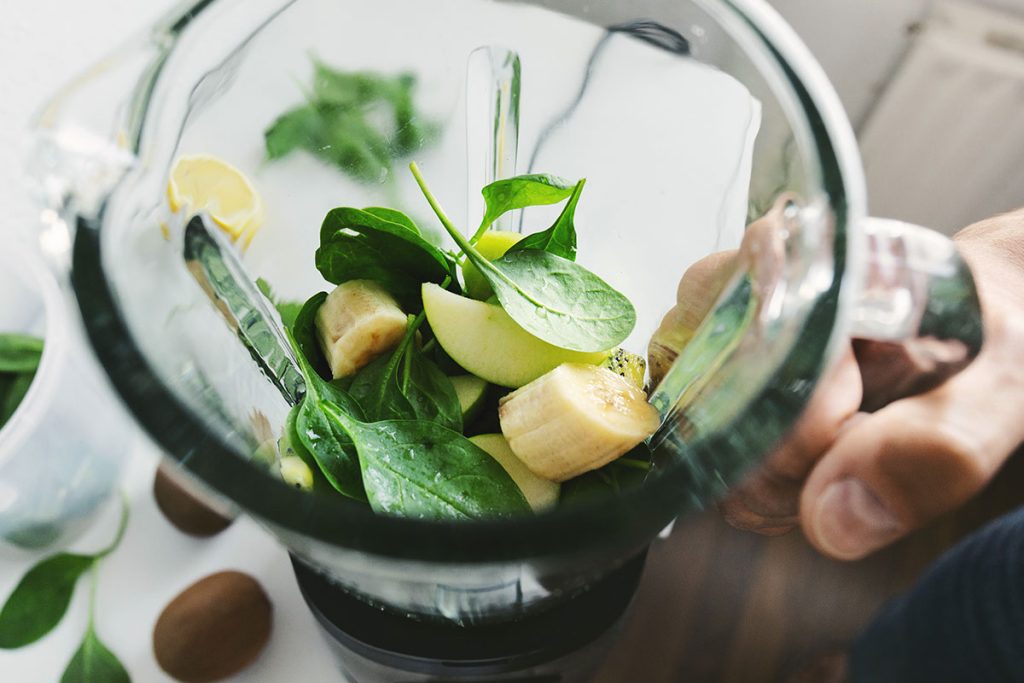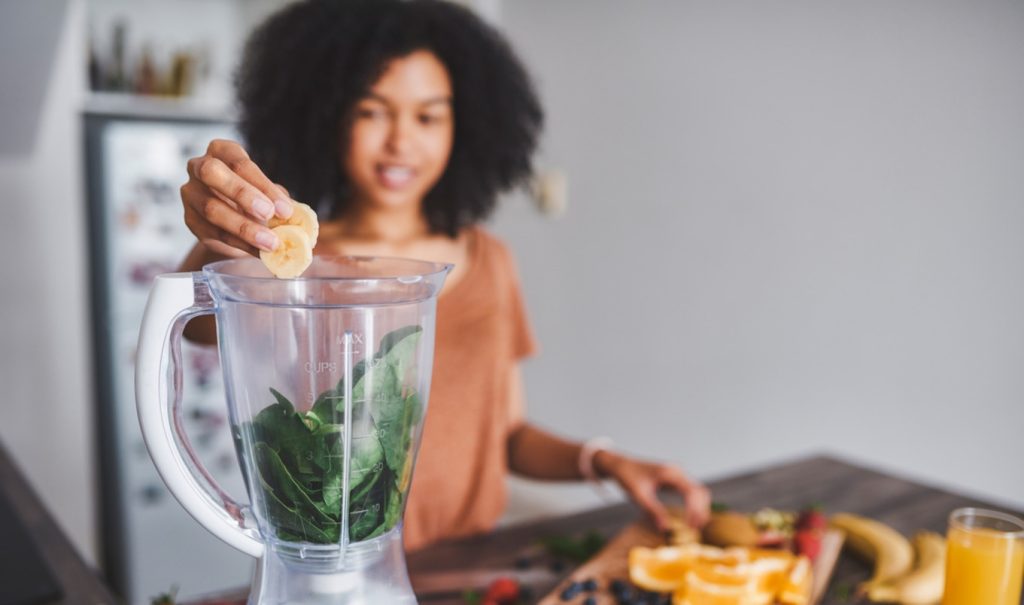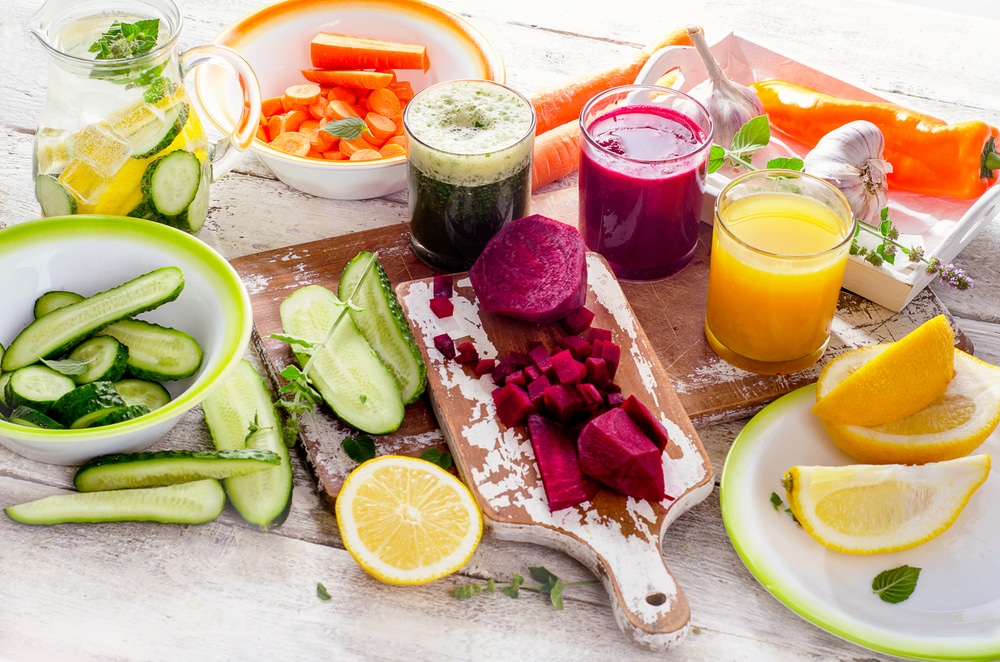In recent years, detox diets have exploded in popularity. From celebrity endorsements to viral social media trends, these programs promise to “cleanse” your body of toxins, jumpstart weight loss, and leave you feeling rejuvenated. But what’s the real truth behind detox diets? Are they science-backed solutions or just another marketing gimmick? Let’s dive into the facts, benefits, and risks of detox diets so you can make an informed decision.
What Are Detox Diets?

Detox diets are usually short-term dietary programs designed to eliminate “toxins” from the body. They often involve fasting, drinking only juices or smoothies, or consuming special teas, supplements, or herbs. Some detox plans also recommend avoiding processed foods, alcohol, caffeine, and sugar for a set period of time.
While each detox program differs in its approach, most share a common goal: to “cleanse” your body and improve your health. The marketing often suggests that our bodies are overloaded with harmful substances from food, pollution, and everyday living, and that detoxing can help reset your system.
How the Body Naturally Detoxifies Itself
Here’s the first truth about detox diets: your body already has an incredibly efficient detoxification system. Your liver, kidneys, lungs, skin, and digestive tract work around the clock to filter, neutralize, and eliminate waste products and toxins. For example:
- The liver breaks down harmful substances into harmless ones or excretes them into bile.
- The kidneys filter blood and remove waste through urine.
- The lungs expel carbon dioxide and other byproducts of metabolism.
- The skin releases toxins through sweat.
This means your body doesn’t need a “special” detox plan to do what it’s naturally designed to do. Supporting your body’s existing detox pathways through healthy living is often far more effective than following extreme diets.
Common Myths About Detox Diets

Myth 1: Detox diets flush out toxins your body can’t remove.
There’s no scientific evidence that detox diets remove more toxins than your liver and kidneys already do. In fact, many detox products don’t even specify which “toxins” they’re targeting, making the claim vague at best.
Myth 2: Detox diets lead to long-term weight loss.
While it’s true that some people lose weight during a detox, most of this weight is water and muscle mass, not fat. Once you return to normal eating habits, the weight usually comes back.
Myth 3: Detox diets boost energy and mental clarity.
Any initial “boost” you feel during a detox is often due to cutting out alcohol, caffeine, and highly processed foods—not the detox plan itself. Simply eating a balanced, whole-food diet can produce the same effect.
Potential Benefits of Detox Diets
Despite the myths, some aspects of detox diets can be beneficial, especially if they encourage healthier habits. For example:
- Increased fruit and vegetable intake: Many detox plans emphasize fresh produce, which is nutrient-rich and great for overall health.
- Reduced processed foods: Cutting out junk food, refined sugar, and alcohol can help you feel better and improve digestion.
- Mindful eating: Detox diets can help people reassess their eating habits and focus on nutrition.
However, these benefits are not unique to detox programs. You can achieve the same results by gradually improving your diet and lifestyle without extreme restrictions.
Risks of Detox Diets
Detox diets are not risk-free. Some of the potential downsides include:
- Nutrient deficiencies: Extended juice fasts or extreme calorie restrictions can deprive your body of essential nutrients, leading to fatigue, dizziness, or even serious health issues.
- Muscle loss: Rapid weight loss from detoxing often comes from losing muscle mass, which slows metabolism.
- Digestive problems: Laxative-based detoxes or “cleanses” can disrupt your gut microbiome and cause dehydration or electrolyte imbalances.
- Unrealistic expectations: Believing that a detox is a “quick fix” can prevent you from making sustainable, long-term lifestyle changes.
A Healthier Approach to “Detoxing”

If you’re interested in supporting your body’s natural detoxification processes without risking your health, here are some sustainable tips:
- Stay Hydrated – Drinking enough water helps your kidneys filter waste more effectively.
- Eat a Balanced Diet – Include plenty of fiber-rich fruits, vegetables, and whole grains to support digestion.
- Limit Alcohol and Processed Foods – Reducing these naturally eases your liver’s workload.
- Exercise Regularly – Physical activity promotes healthy circulation and sweating, which support your body’s detox systems.
- Get Enough Sleep – During sleep, your body performs critical repair and detox functions.
The Bottom Line
The truth about detox diets is that they’re largely unnecessary. While they may offer a short-term sense of “resetting” your habits, your body already has powerful natural detox systems in place. Instead of relying on expensive cleanses or extreme restrictions, focus on a healthy lifestyle with balanced nutrition, regular exercise, and good hydration. These changes will do far more to support your body’s natural detoxification processes—and your overall health—than any trendy detox diet ever could.

